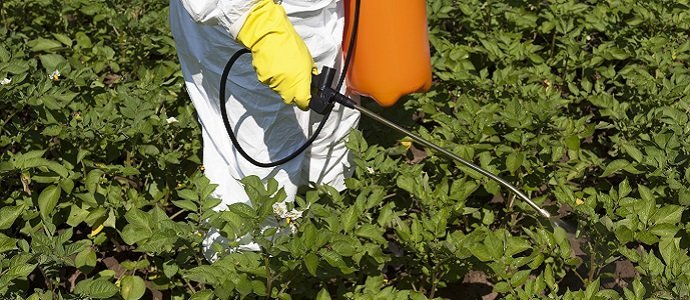
PESTICIDES POLLUTION
Pesticides are chemicals that are used to kill or control pests. This includes herbicides that are used for getting rid of weeds, insecticides used to treat fungicides, nematocides used to control nematodes as well as rodenticides used to treat vertebrate poisoning.
WHY PESTICIDES CAN BE HARMFUL
Pesticides contain ingredients such as oxygen, chlorine, sulfur, phosphorus, nitrogen, and bromine as well as heavy metals such as arsenic, copper sulfates, lead, and mercury. Pesticides, being toxic chemicals, can interfere with the environment and cause harms in several ways.
When applied on agricultural lands and domestic gardens, they run off these lands and come in contact with natural resources.
HOW DOES IT POLLUTE THE ENVIRONMENT?
This normally occurs when heavy wind or rain falls on the aforementioned lands, spreading the pesticides, being toxic chemicals, into unintended areas, coming in contact with natural resources such clean air, water, land, plants, and animals, thereby contaminating or harming them.
WHAT HAPPENS AFTER CONTAMINATION?
Once the aforementioned natural resources are contaminated or harmed by pesticides, they are deemed unsuitable and harmful to the environment as well as to people and communities.
WHAT ARE THE ENVIRONMENTAL IMPACTS OF PESTICIDES POLLUTION?
Some of the environmental impacts associated with the indiscriminate use of pesticides are listed and briefly explained below;
Biodiversity Destruction: The soil contains small naturally occurring organisms know as microbes. They break down organic materials in the soil and absorb water as well as nutrients in the process, and these are then used by plants to grow. As mentioned earlier, the indiscriminate use of pesticides can have unintended consequences, destroying microbes and affecting the growth of plants.
Also, pesticides often stay in the environment long after beening applied on agricultural lands and this means that they could be sent to water bodies by heavy wind or rainfall. Once in water bodies, they can kill aquatic animals such as fish and depopulate fishes.
…click on the above link to read the rest of the article…